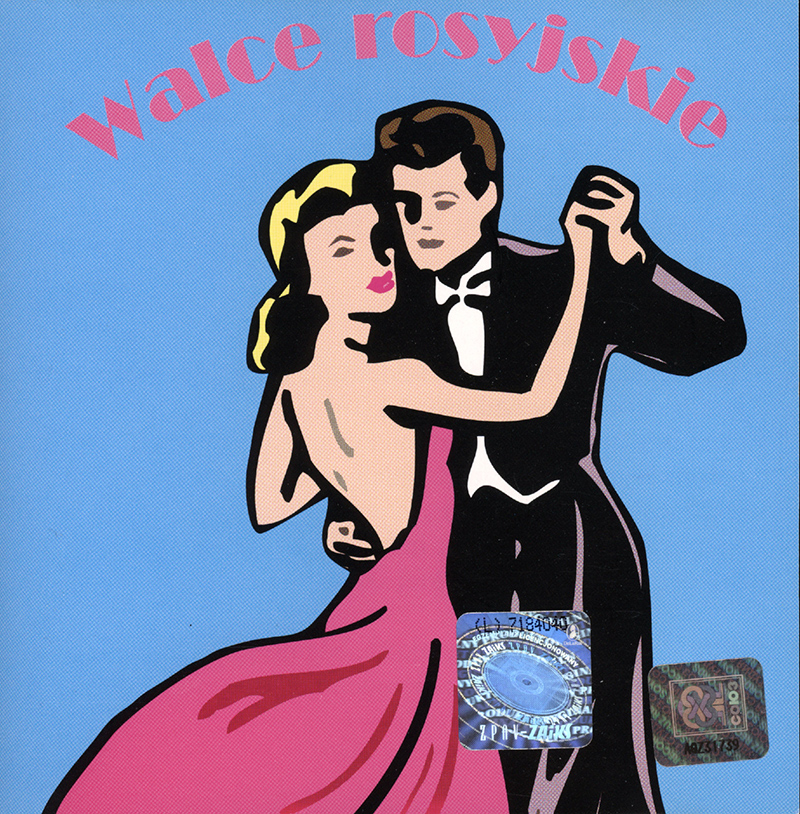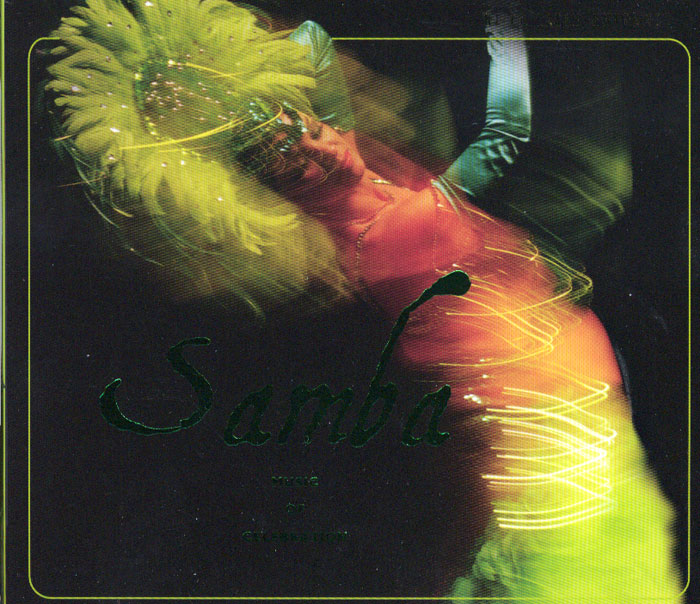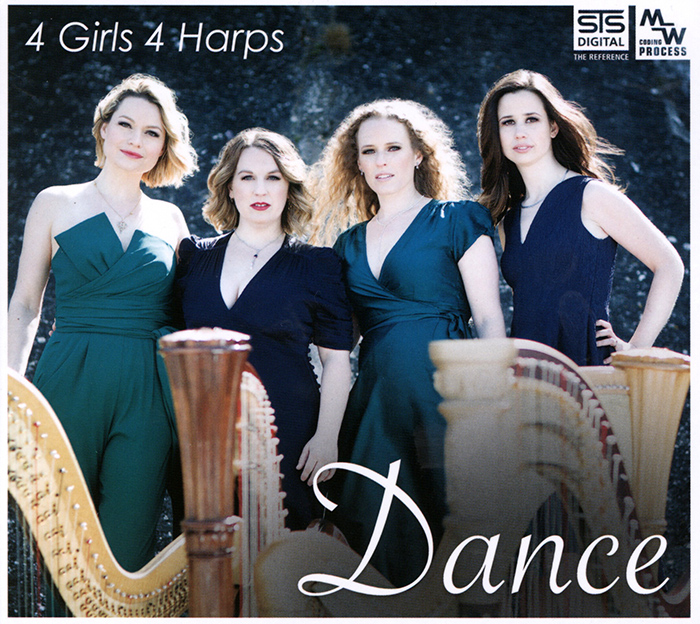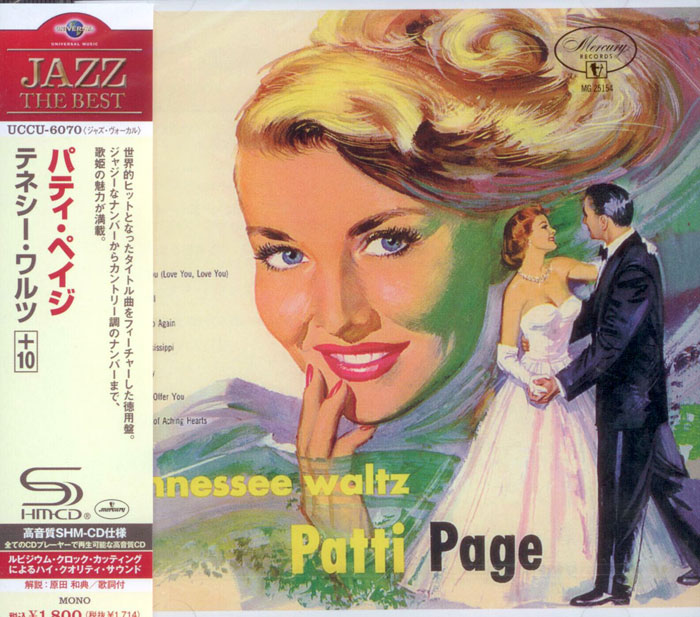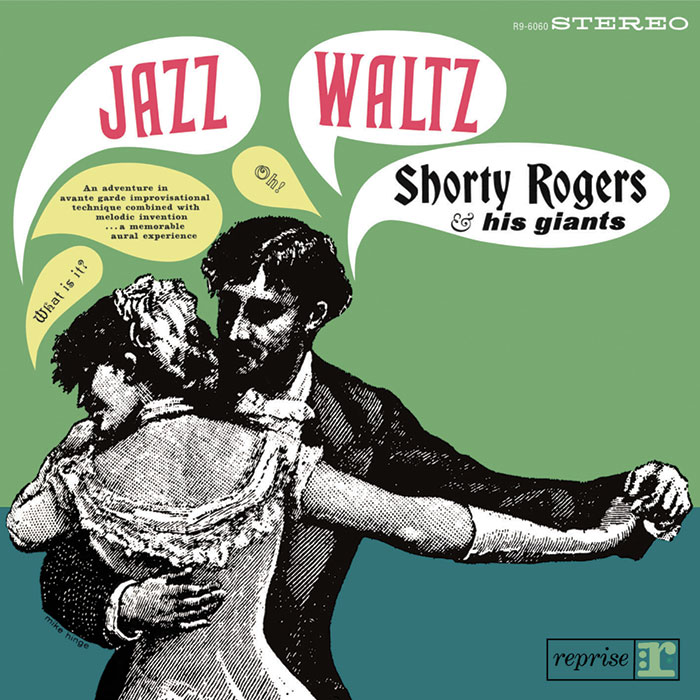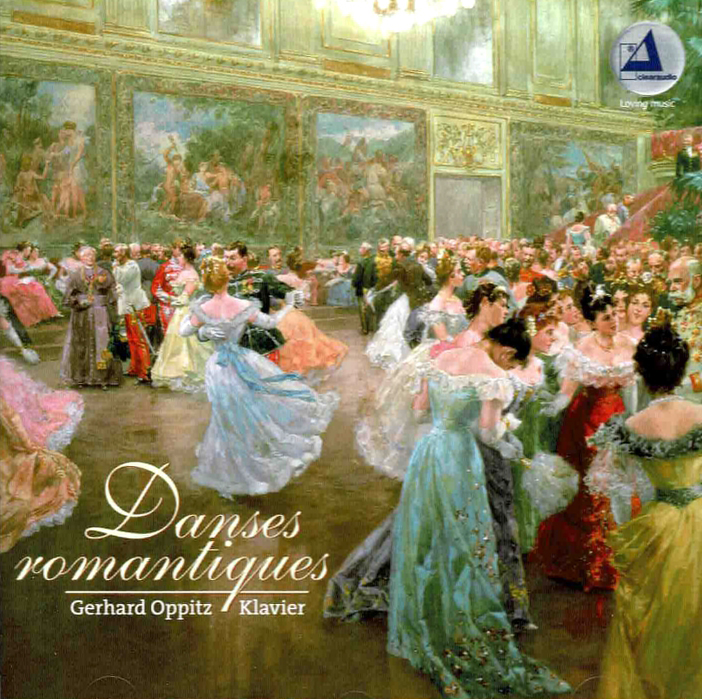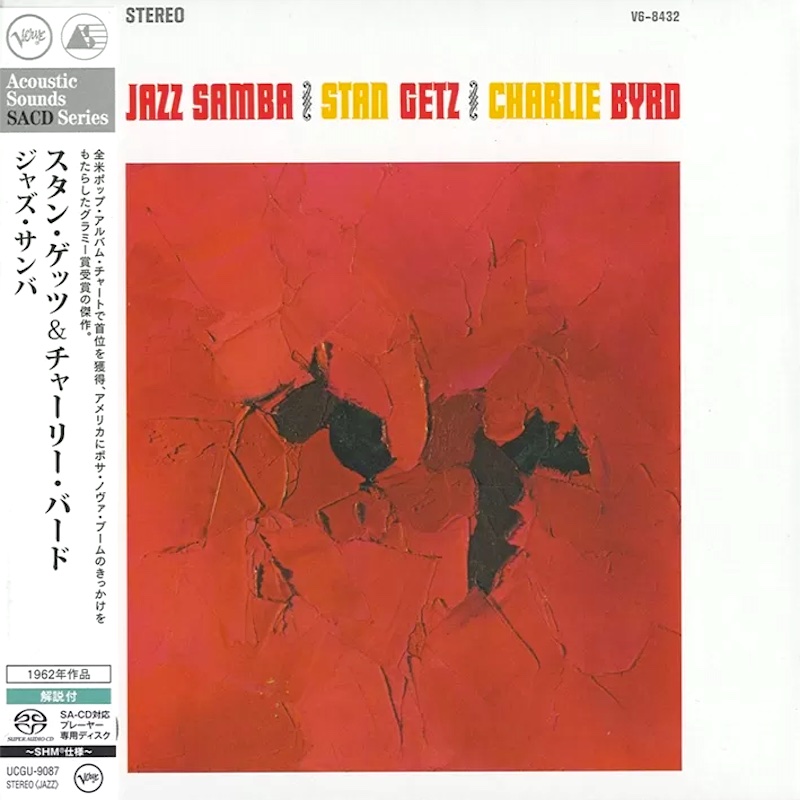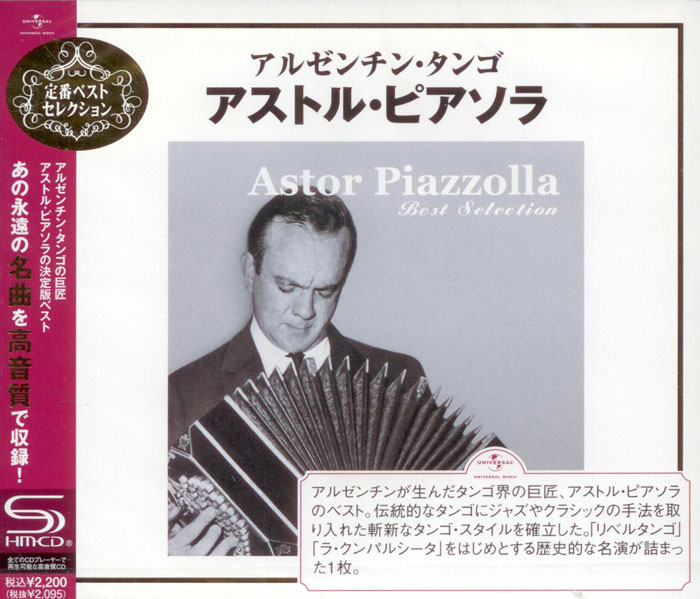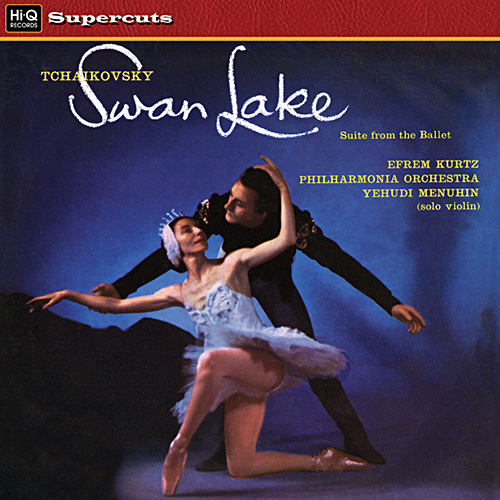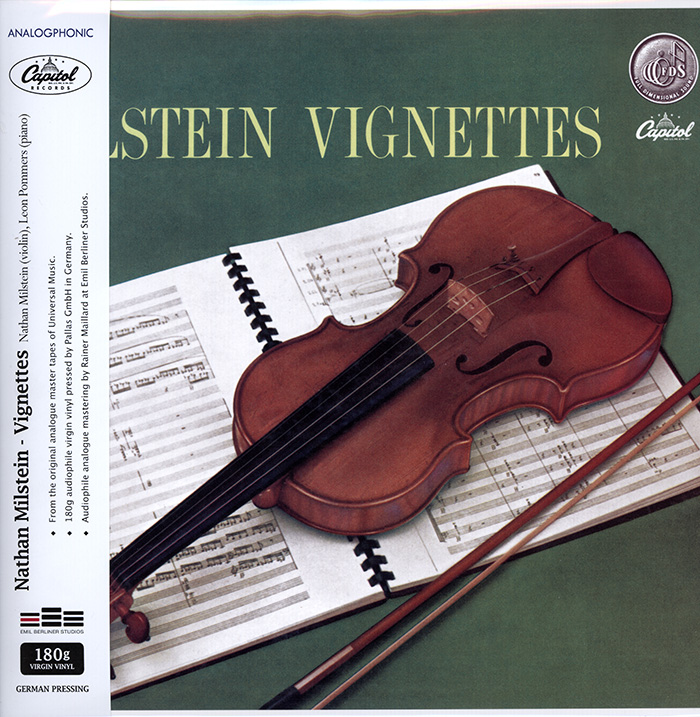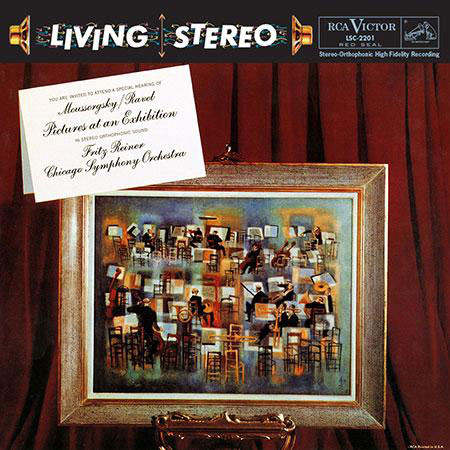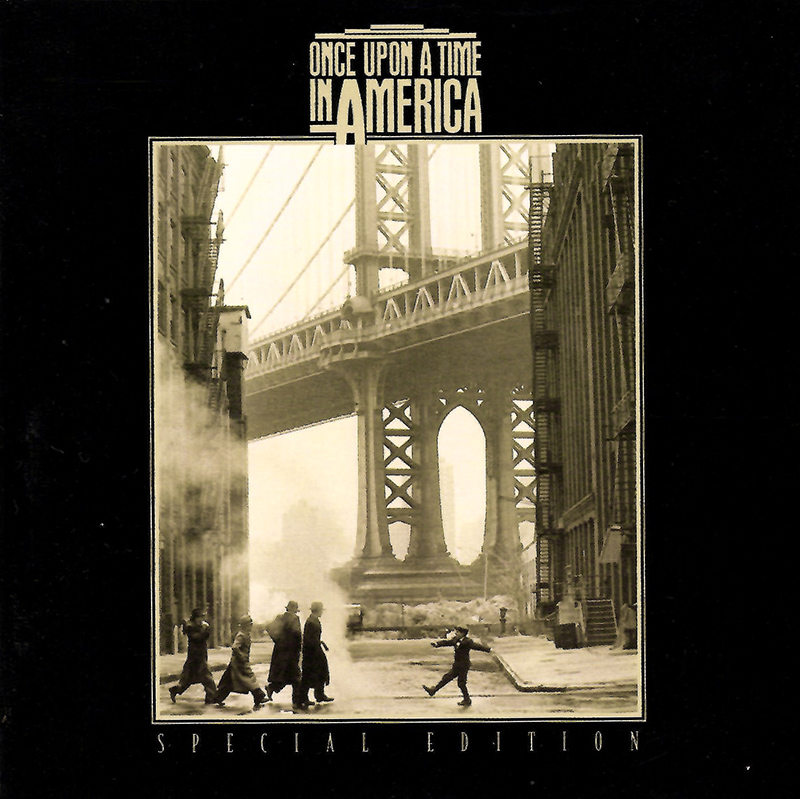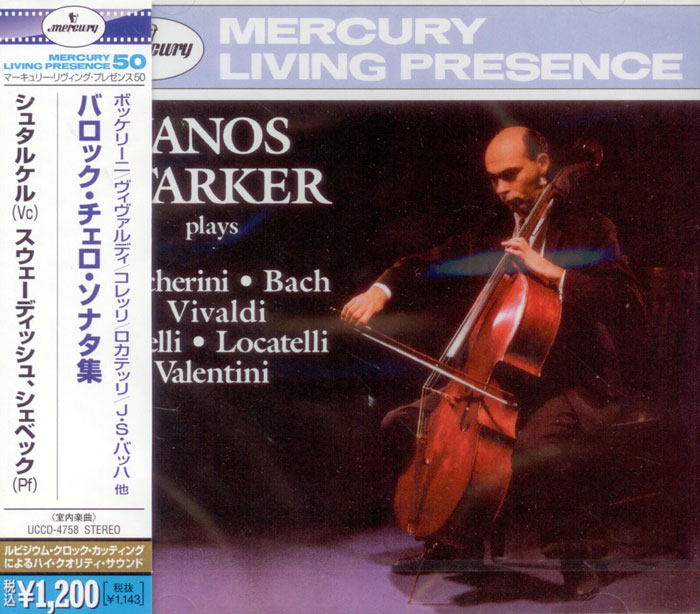Logowanie
Dziś nikt już tak genialnie nie jazzuje!
Bobby Hutcherson, Joe Sample
San Francisco
SHM-CD/SACD - NOWY FORMAT - DŻWIĘK TAK CZYSTY, JAK Z CZASU WIELKIEGO WYBUCHU!
Wayne Shorter, Freddie Hubbard, Herbie Hancock, Ron Carter, Elvin Jones
Speak no evil
UHQCD - dotknij Oryginału - MQA (Master Quality Authenticated)
Karnawał czas zacząć!
Music of Love - Hi-Fi Latin Rhythms
Samba : Music of Celebration
AUDIOPHILE 24BIT RECORDING AND MASTERING
CHOPIN, LISZT, DEBUSSY, DVORAK, Gerhard Oppitz
Dances romantiques - A fantastic Notturno
Wzorcowa jakość audiofilska z Clearaudio
Winylowy niezbędnik
ClearAudio
Double Matrix Professional - Sonic
najbardziej inteligentna i skuteczna pralka do płyt winylowych wszelkiego typu - całkowicie automatyczna
TCHAIKOVSKY, Yehudi Menuhin, Efrem Kurtz, The Philharmonia Orchestra
Swane Lake
- Yehudi Menuhin - violin
- Efrem Kurtz - conductor
- The Philharmonia Orchestra - orchestra
- TCHAIKOVSKY
"A tall, imposing figure in front of an orchestra, so tall that he often dispensed with the usual conductor's podium, Efrem Kurtz had a graceful, baton-less technique that drew a fluid yet well-controlled response from the players and infused a vivid poetry into romantic music in particular. Much sought after in the music of his native Russia, and in the ballet music in which he first made his name conducting Anna Pavlova, Kurtz was a link back to the musical life of pre-revolutionary St Petersburg." So wrote most eloquently Noel Goodwin in his 1995 obituary in the Independent of the distinguished Russian conductor, who had studied with Glazunov and Tcherepnin no less, and was a pupil of Arthur Nikisch. Kurtz was a familiar name with the Philharmonia to the record collector of the 1950s and Yehudi Menuhin was in his prime. Menuhin's presence on the recording can be explained by a long tradition of celebrated violinists performing the solo violin parts of Swan Lake. In the original review in The Gramophone of December 1958, W.S.M. remarked - "The sound of the orchestra is extremely well defined all the way through, and the tunes are enunciated in a most dapper fashion; Kurtz really understands the style of the music..." and found Menuhin's solo violin contributions "make you sit up and listen hard, to his phrasing and expression..." and concluded that compared with rival versions, this record was "more stylish and more attractively played. Don't try to dance to it, but do listen to it."














